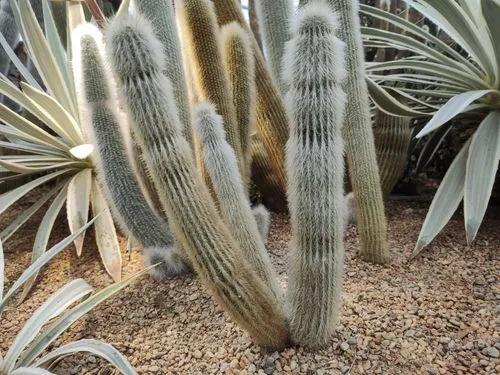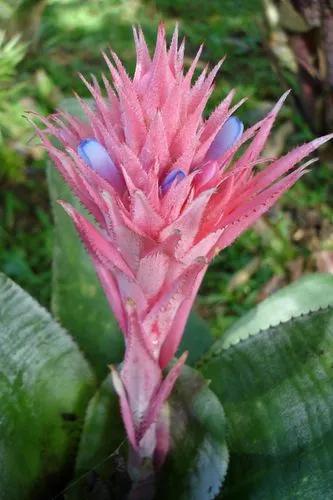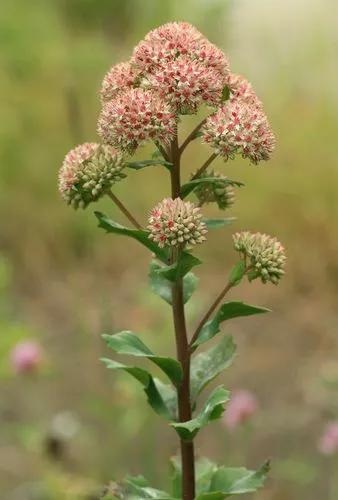Zinnia is a genus of plants of the sunflower tribe within the daisy family. They are native to scrub and dry grassland in an area stretching from the Southwestern United States to South America. They are notable for bright colourful flowers.
Zinnia Care
Zinnia elegans



Zinnias are annuals, shrubs, and sub-shrubs native primarily to North America, with a few species in South America. Most species have upright stems but some have a lax habit with spreading stems that mound over the surface of the ground. They typically range in height from 10 to 100 cm tall (4" to 40"). The leaves are opposite and usually stalkless, with a shape ranging from linear to ovate, and a color ranging from pale to medium green. The flowers have a range of appearances, from a single row of petals to a dome shape. Zinnias may be white, chartreuse, yellow, orange, red, purple, or lilac. Zinnias are easy to grow with potentially heavy blooms that gush in color.
How to Care for the Plant

Water

zinnias can withstand moderately dry soil conditions but do better with supplemental watering. in general, zinnias typically need 1 inch of water (2.54cm) once every five to seven days.

Pruning

It is important to never remove more than a third of the foliage in any one year and to cut just above a node on the stem.

Fertilizer

Universal fertilizer is granular and mineral product intended for fertilization of all types of garden cultivations. Its balanced content is suitable both for fruit trees, fruit bushes, vegetables and ornamental plants. The even composition of individual elements makes the fertilizer universal.

Sunlight

Partial sun generally means less than six and more than four hours of sun per day. Plants for partial sun will do well in a location where they receive a break from the sun each day. They like the sun but will not tolerate a full day of it and need at least some shade each day.

Soil

Loose, light, humus soil is ideal for this plant.

Temperature

Zinnias are sensitive to frost, so do not seed until the last frost has passed. Zinnias will grow in a minimum daytime temperature of about 60°F (16°C), though a range of 74–84°F (23–28°C) is preferred.

Container

Whether your potted plants are indoors or outdoors, proper drainage is an essential element to ensure they stay healthy.

Popularity

1,972 people already have this plant 431 people have added this plant to their wishlists
Discover more plants with the list below
Related articles






